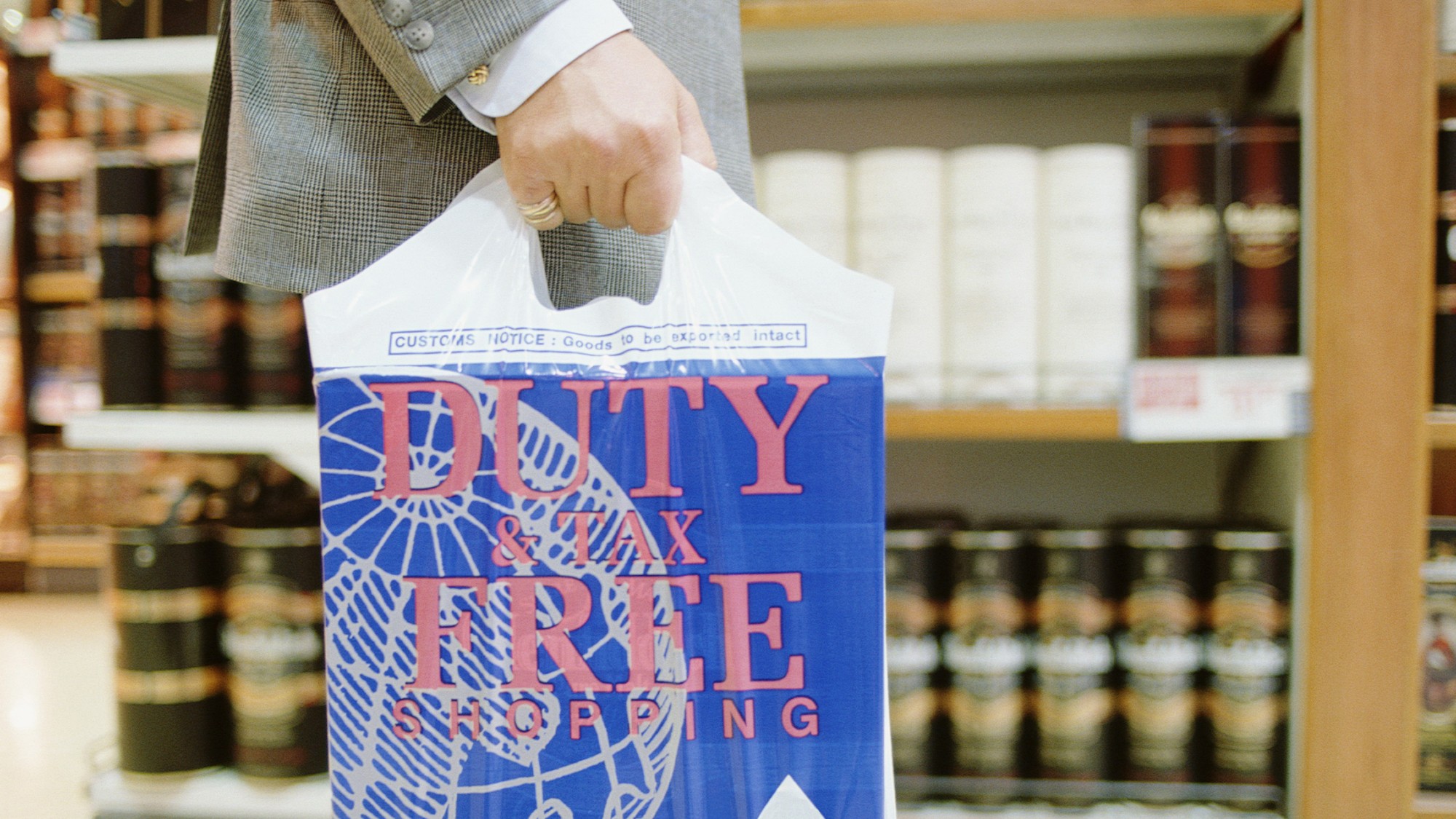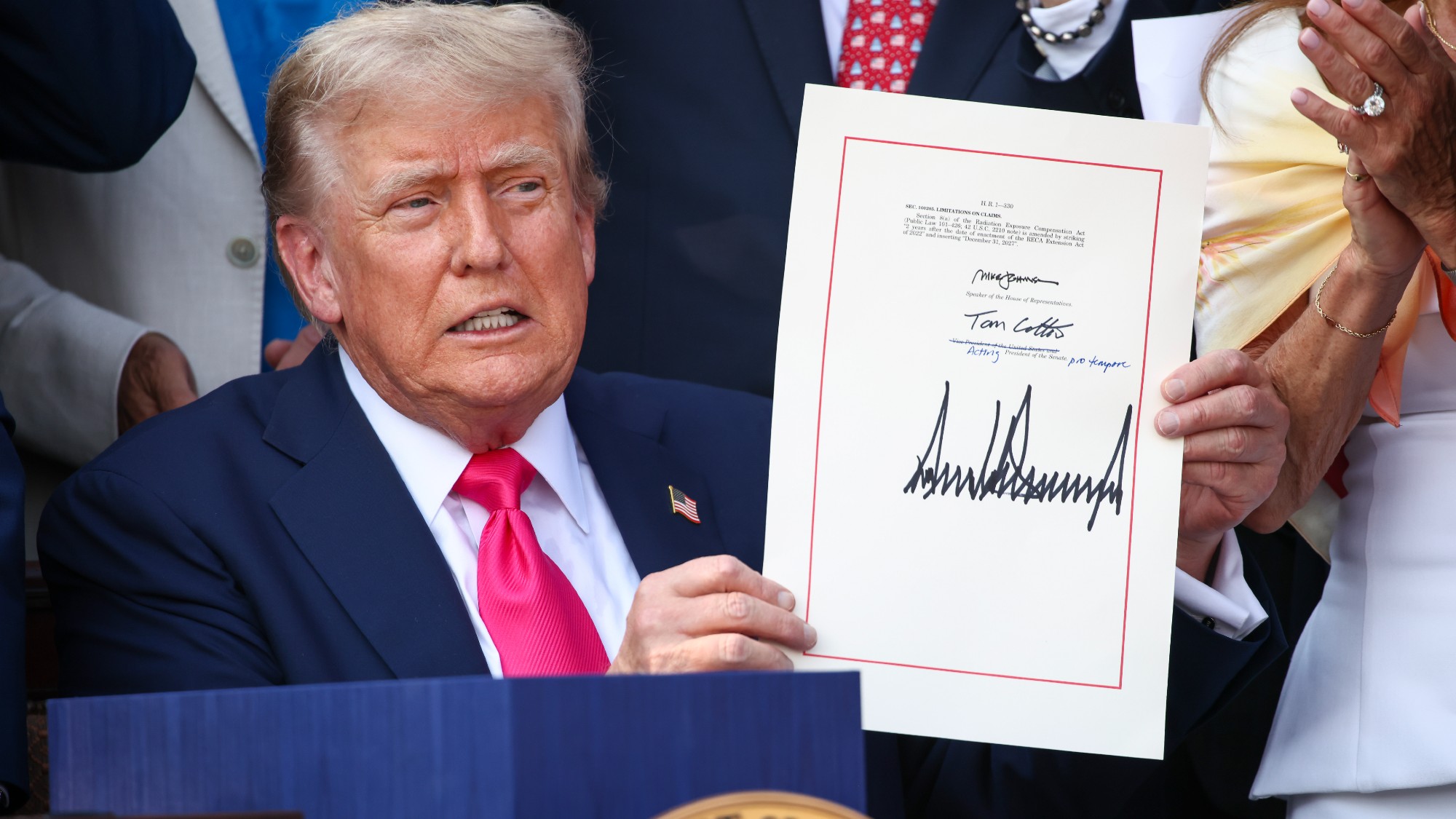Common tax mistakes – and how to avoid them
Our tax snafus may pale in comparison with Gary Barlow's, but it pays to stay on the right side of the revenue

A free daily email with the biggest news stories of the day – and the best features from TheWeek.com
You are now subscribed
Your newsletter sign-up was successful
Last week Gary Barlow publicly apologised for the tax scandal he became embroiled in earlier this year. The Take That singer was found to have invested at least £26m with other band members in a (legal) scheme that potentially avoided tax.
"I want to apologise to anyone who was offended by the tax stories earlier this year," Barlow tweeted. "With a new team of accountants we are working to settle things with all parties involved ASAP."
Barlow's biggest concern is probably not repaying the tax but how the damage to his image may affect his future earnings. But for most of us the idea of a hefty tax bill landing on the doormat is enough to keep us awake at night. Here are some of the most common tax mistakes we make – and how to avoid them.
The Week
Escape your echo chamber. Get the facts behind the news, plus analysis from multiple perspectives.

Sign up for The Week's Free Newsletters
From our morning news briefing to a weekly Good News Newsletter, get the best of The Week delivered directly to your inbox.
From our morning news briefing to a weekly Good News Newsletter, get the best of The Week delivered directly to your inbox.
The most frequent problem is having the wrong tax code. This means that HMRC takes either too much or too little out of your salary each month, and if it is the latter you will end up with a bill. Checking your tax code is relatively simple.
Get your latest pay slip and you should be able to spot your PAYE tax code. It will be made up of several numbers and a letter. Take the numbers and multiply them by 10. That will give you the total amount you can earn in a year before paying tax – your personal allowance. For most of us it is £10,000 this tax year so the number part of your code will be 1000.
The letter part of your code relates to any adjustments that need to be taken into account. Most people will have an L at the end of the code to say they were born after 5 April 1948 and are eligible for the basic personal allowance. But if you are older than that, earn over £100,000 a year, or have a different allowance for other reasons you'll have different letters. You can find an explanation of the different letters on the HMRC website.
If you think there is a problem with your tax code you need to tell HMRC so that they can resolve it and set up a repayment plan if you owe them money or, if the mistake has meant you've overpaid, arrange a refund.
A free daily email with the biggest news stories of the day – and the best features from TheWeek.com
Another way people risk incurring the taxman's wrath is by not filling in their self-assessment form correctly. Here the most common mistake is forgetting to declare all of your income. It can be easy to overlook interest earned on bank accounts but if you don't declare this you could face a bill in the future.
If you have to fill out a self-assessment form make sure you cover all your income streams, including income from all jobs, interest on bank accounts, interest on money you have lent out and dividends. You may also need to declare any money you are making from selling items online or through car boot sales. Most people don't need to tell HMRC about this income but if the taxman thinks you qualify as a trader then you have to pay tax. You can read a guide to what qualifies as trading here.
Many people also fall foul of the taxman by putting too much money into their Isa or opening more than one Isa in a single tax year. You are allowed to pay up to £15,000 into an Isa each tax year, and you can only hold money in one cash and one investment Isa per tax year.
If you pay in too much or hold more than one new Isa within a single tax year the interest earned over your Isa limit or in the second accounts is not eligible for tax relief.
If you think you've broken the rules, the HMRC Isa helpline will help you sort it out (they can be reached on 0300 200 3312). You may have to pay up in the short term, but it will save you an unpleasant surprise later on.
-
 El Paso airspace closure tied to FAA-Pentagon standoff
El Paso airspace closure tied to FAA-Pentagon standoffSpeed Read The closure in the Texas border city stemmed from disagreements between the Federal Aviation Administration and Pentagon officials over drone-related tests
-
 Political cartoons for February 12
Political cartoons for February 12Cartoons Thursday's political cartoons include a Pam Bondi performance, Ghislaine Maxwell on tour, and ICE detention facilities
-
 Arcadia: Tom Stoppard’s ‘masterpiece’ makes a ‘triumphant’ return
Arcadia: Tom Stoppard’s ‘masterpiece’ makes a ‘triumphant’ returnThe Week Recommends Carrie Cracknell’s revival at the Old Vic ‘grips like a thriller’
-
 3 required minimum distribution tax mistakes to avoid
3 required minimum distribution tax mistakes to avoidThe Explainer Missteps in making withdrawals from tax-advantaged retirement accounts can cost you big
-
 Is duty-free shopping worth it?
Is duty-free shopping worth it?the explainer How to determine whether you are actually getting a good deal
-
 What the 2025 Autumn Budget could mean for your wallet
What the 2025 Autumn Budget could mean for your walletThe Explainer Chancellor Rachel Reeves will reveal her latest plan to balance the nation’s finances in November
-
 What taxes do you pay on a home sale?
What taxes do you pay on a home sale?The Explainer Some people — though not many — will need to pay capital gains taxes upon selling their home
-
 Clean energy tax credits are going away. Here's how to get them before it's too late.
Clean energy tax credits are going away. Here's how to get them before it's too late.The Explainer Trump's recently passed megabill promises the early demise of clean energy tax credits
-
 How will the new tax deductions on auto loans work?
How will the new tax deductions on auto loans work?the explainer Trump's One Big Beautiful Bill Act introduced a tax deduction on auto loan interest — but eligibility for the tax break is limited
-
 8 ways Trump's bill will change your taxes
8 ways Trump's bill will change your taxesThe Explainer The 'big beautiful bill' was recently signed into law. Here's what it might mean for your wallet.
-
 Who has to pay the estate tax?
Who has to pay the estate tax?the explainer Trump's new bill will permanently shift who owes federal estate tax